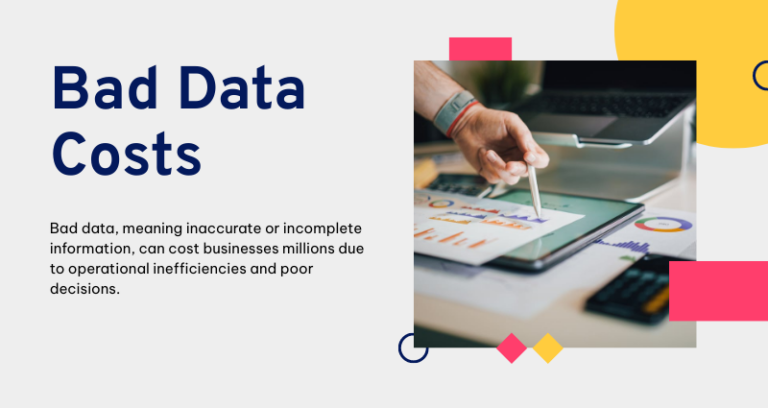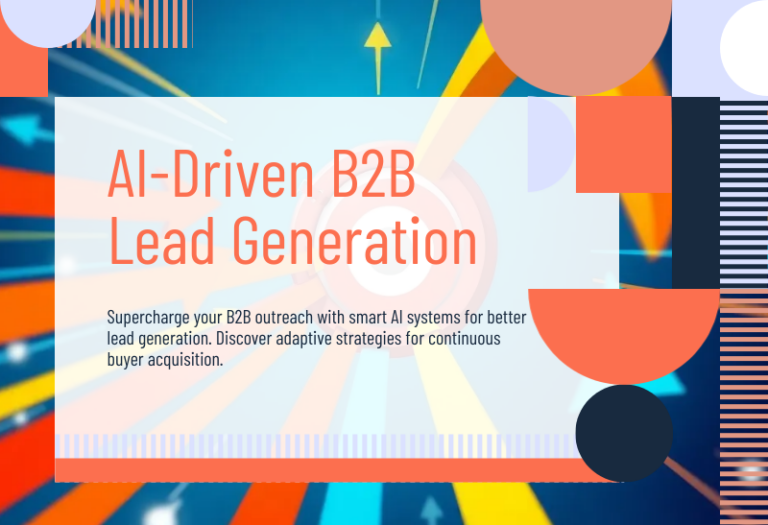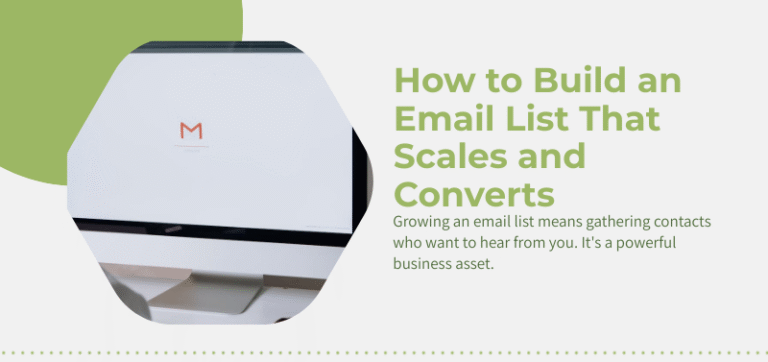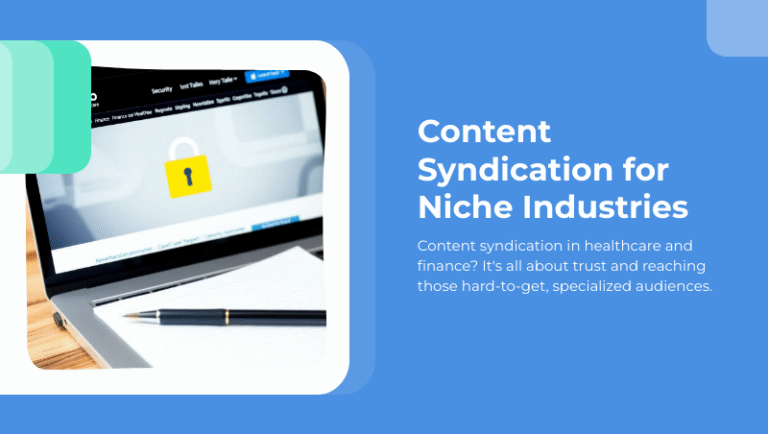
Marketing automation consultants have become pivotal for organizations striving to enhance customer engagement, streamline marketing workflows, and increase lead conversion rates. By leveraging advanced automation tools and strategies, these consultants guide businesses to achieve efficiency and scalability in their marketing efforts. Here’s an in-depth look at how marketing automation consultants help transform leads, the key services they provide, and what businesses should consider when engaging their expertise.
What is a Marketing Automation Consultant?
A marketing automation consultant is a specialist focused on implementing and optimizing automation technologies within a company’s marketing framework. These consultants combine expertise in digital marketing, data analysis, and CRM (Customer Relationship Management) systems to help organizations automate repetitive tasks, nurture leads through personalized communications, and align marketing efforts with broader business goals. Their services are especially valuable to companies looking to scale marketing initiatives without overwhelming their internal resources.
For many, this role extends beyond simple implementation; it involves a deep understanding of customer data and how it can be used to trigger targeted, automated responses based on user behaviors. Explore more about data usage in automation to see how companies leverage detailed customer insights for high-impact campaigns.
Core Responsibilities of a Marketing Automation Consultant
Marketing automation consultants are engaged to perform a variety of tasks aimed at optimizing the use of technology for lead generation and nurturing. Some of their primary responsibilities include:
- Assessing and Selecting Tools: With countless tools on the market, consultants identify the most suitable automation platforms based on the company’s needs, size, and industry. These tools often include CRM systems, email marketing platforms, and analytics software.
- Implementing Automation Workflows: Consultants set up workflows that automatically manage leads, from initial contact through to conversion. By creating triggers based on user actions, they ensure potential customers receive timely, relevant information.
- Data Integration and Management: Marketing automation involves complex data flows. Consultants help businesses integrate data from different sources to form a cohesive view of customer behavior, which is vital for effective data-driven marketing campaigns.
- Campaign Optimization and Reporting: Beyond setup, consultants continually monitor campaign performance, adjusting as needed to enhance engagement and conversion rates. By using precise performance metrics, they can refine strategies to ensure optimal results.
Transforming Lead Generation with Marketing Automation
Marketing automation is especially powerful in enhancing lead generation. Traditional lead generation relies on manual outreach and follow-ups, which are often time-consuming and less targeted. Automation, on the other hand, enables businesses to respond to potential leads instantly with information and offers tailored to their needs.
How Marketing Automation Enhances Lead Nurturing
Lead nurturing is the process of developing relationships with prospects at every stage of the sales funnel. Through marketing automation, consultants create tailored content sequences based on a prospect’s actions—whether they’ve downloaded a white paper, opened an email, or visited specific web pages. By personalizing interactions, companies can keep leads engaged without manual intervention.
For instance, companies can deploy automated email campaigns designed to educate, inform, and move leads through the funnel. Email marketing is often a core component of these automated workflows, providing personalized touchpoints that build rapport and credibility.
Benefits of Working with Marketing Automation Consultants
Engaging a marketing automation consultant can yield significant benefits for companies looking to maximize efficiency and drive consistent results. Here’s how they add value:
- Strategic Expertise: Consultants bring strategic insights into the most effective ways to engage prospects and customers. Their expertise spans various industries, allowing them to tailor strategies to each company’s unique requirements.
- Time and Cost Savings: Automating repetitive tasks frees up the internal team to focus on high-level strategy and decision-making. In the long run, automation can reduce costs by minimizing the need for additional resources.
- Enhanced Data-Driven Decisions: Automation provides vast amounts of data on customer interactions, preferences, and pain points. Consultants help turn this data into actionable insights, enabling companies to refine their approach and improve outcomes over time.
- Scalability and Flexibility: Automation enables companies to scale their marketing efforts without overburdening staff. Consultants create systems that grow with the business, making it easier to handle higher lead volumes as the company expands.
How Much Do Marketing Automation Consultants Charge?
Consultant rates vary significantly based on factors like expertise, location, and project complexity. Typically, consultants may charge by the hour, project, or on a retainer basis for ongoing services. It’s common for businesses to weigh the return on investment these consultants bring by streamlining processes and boosting conversion rates. While upfront costs may appear high, the long-term benefits of automation often justify the investment.

Key Automation Services for Lead Conversion
Marketing automation consultants offer a range of services designed to enhance lead engagement and conversion. These include:
1. Customer Journey Mapping
Understanding the customer journey is fundamental to designing effective automation strategies. Consultants often start by mapping out this journey, identifying key stages from awareness to decision-making. By doing so, they can pinpoint opportunities for automated interactions that encourage engagement at each stage.
2. Personalized Campaigns
Personalization in marketing is crucial for building a connection with potential customers. Automated campaigns can be tailored to each individual’s preferences, past interactions, and behaviors. For example, a behavioral targeting strategy can send specific messages to users who show interest in particular products, ensuring more meaningful interactions.
3. Retargeting Abandoned Leads
For leads who engage but fail to convert, automated retargeting campaigns are highly effective. Consultants use tracking technology to follow up on abandoned shopping carts or incomplete form submissions with tailored offers, keeping your brand top-of-mind for the customer.
4. Advanced Analytics and Reporting
Analytics are critical for understanding the success of automation efforts. Marketing automation consultants create systems that track user interactions and campaign performance. This data allows companies to see which strategies work best, making it easier to refine their approach over time. For more detailed insights into analytics, see how leading companies approach campaign performance.
Digital Marketing Consulting: A Broader Perspective
While marketing automation consulting focuses on using technology to streamline processes, digital marketing consulting services take a broader approach. Digital marketing consultants advise on a range of online strategies, including SEO, content marketing, social media, and pay-per-click advertising. Marketing automation is often one component within a larger strategy that these consultants might oversee.
Choosing the Right Marketing Automation Consultant
Selecting the right marketing automation consultant requires careful consideration of their experience, approach, and track record. Here are a few tips for choosing the right consultant:
- Evaluate Industry Experience: Consultants with experience in your industry are more likely to understand your target audience’s behaviors, pain points, and preferences.
- Check for Technological Compatibility: Make sure the consultant is familiar with your existing tech stack or the tools you plan to adopt. Compatibility ensures smooth implementation and minimal disruptions.
- Review Past Successes: Ask for case studies or testimonials that illustrate their past successes. Seeing tangible results in similar projects helps you gauge their potential impact on your business.
- Set Clear Objectives: Outline your goals before engaging with a consultant. Whether you aim to increase lead volume, enhance engagement, or improve conversion rates, setting clear goals ensures that you and the consultant are aligned from the start.

Frequently Asked Questions about Marketing Automation
What Does a Marketing Automation Consultant Do?
Marketing automation consultants are responsible for implementing and optimizing automation systems that support lead generation, nurturing, and conversion. They set up workflows within CRM and email marketing tools, personalize messaging based on customer data, and develop strategies for ongoing engagement. By managing repetitive tasks like email follow-ups and lead scoring, these consultants free up internal teams to focus on high-impact marketing strategies.
A specific area where automation consultants excel is retargeting campaigns. Through tools like Google Ads or Facebook retargeting, consultants help businesses reconnect with potential leads who may have initially shown interest but didn’t convert. By developing personalized, data-driven ads for these leads, consultants can significantly improve conversion rates for their clients.
What Are Marketing Consulting Services?
Marketing consulting services cover a broad range of activities designed to improve brand positioning, audience engagement, and lead generation. These services include strategy development, market research, data analysis, content strategy, and automation. Consultants also provide campaign management to help businesses stay on track and adjust to changing market dynamics. For example, in campaign management, consultants may recommend marketing automation tools and strategies to better manage customer interactions at each stage of the buyer’s journey.
To optimize these processes, marketing automation consultants often integrate sophisticated analytics platforms to measure success and adjust strategies. Businesses can expect consultants to help them understand which channels are driving results, and to apply these insights across future campaigns.
How Much Do Marketing Consultants Charge?
The cost of hiring a marketing automation consultant varies based on expertise, location, and project complexity. Hourly rates can range from $75 to over $300, while some consultants charge per project or monthly retainer fees for ongoing services. Larger, ongoing projects involving comprehensive automation systems may reach five-figure costs. Although hiring an expert can be a significant investment, it is one that typically yields high returns by improving lead generation and conversion efficiency, as well as customer retention.
How Can Marketing Automation Reduce Costs?
Automating marketing processes reduces labor costs by handling repetitive tasks that would otherwise require dedicated staffing. For example, email nurturing campaigns can be triggered automatically, allowing leads to receive personalized follow-up messages without additional staff involvement. Over time, this level of automation saves on human resources, particularly in labor-intensive tasks like lead scoring and segmentation. Moreover, because automation provides detailed performance data, companies can make better-informed decisions on campaign spending, reducing wasted ad spend and focusing budgets on the channels that deliver the best return.
What is a Digital Marketing Consultant?
A digital marketing consultant specializes in optimizing online presence and performance across various digital channels, including search engines, social media, and email. While marketing automation is part of a digital marketing consultant’s toolkit, their work also includes enhancing website visibility, increasing brand awareness, and driving organic traffic. For companies aiming to improve lead quality and conversion rates, a digital marketing consultant often collaborates with automation consultants to design and implement end-to-end strategies that cover every stage of the customer journey.
Preparing for a Successful Engagement with a Marketing Automation Consultant
For companies ready to invest in marketing automation, preparing a structured approach to working with a consultant can maximize ROI. Here’s a step-by-step approach to ensure a successful collaboration:
- Define Clear Goals: Identify what you want to achieve with automation, whether it’s improved lead conversion, enhanced customer engagement, or operational efficiency.
- Organize Existing Data: Ensure that customer data is well-organized and accessible. Clean, structured data enables consultants to set up automated workflows effectively.
- Plan for Integration: If you’re using multiple tools, decide which systems need integration and how data should flow between them. This setup allows consultants to create seamless automated processes.
- Establish Metrics: Work with your consultant to define performance metrics. By having key metrics in place, both parties can easily assess the effectiveness of the automation strategy.
By following these steps and addressing common questions, companies can streamline the engagement process with a marketing automation consultant, positioning themselves for long-term growth. Marketing automation is more than just a set of tools; it’s a strategic approach to maximizing lead generation, engagement, and conversion across digital channels.



